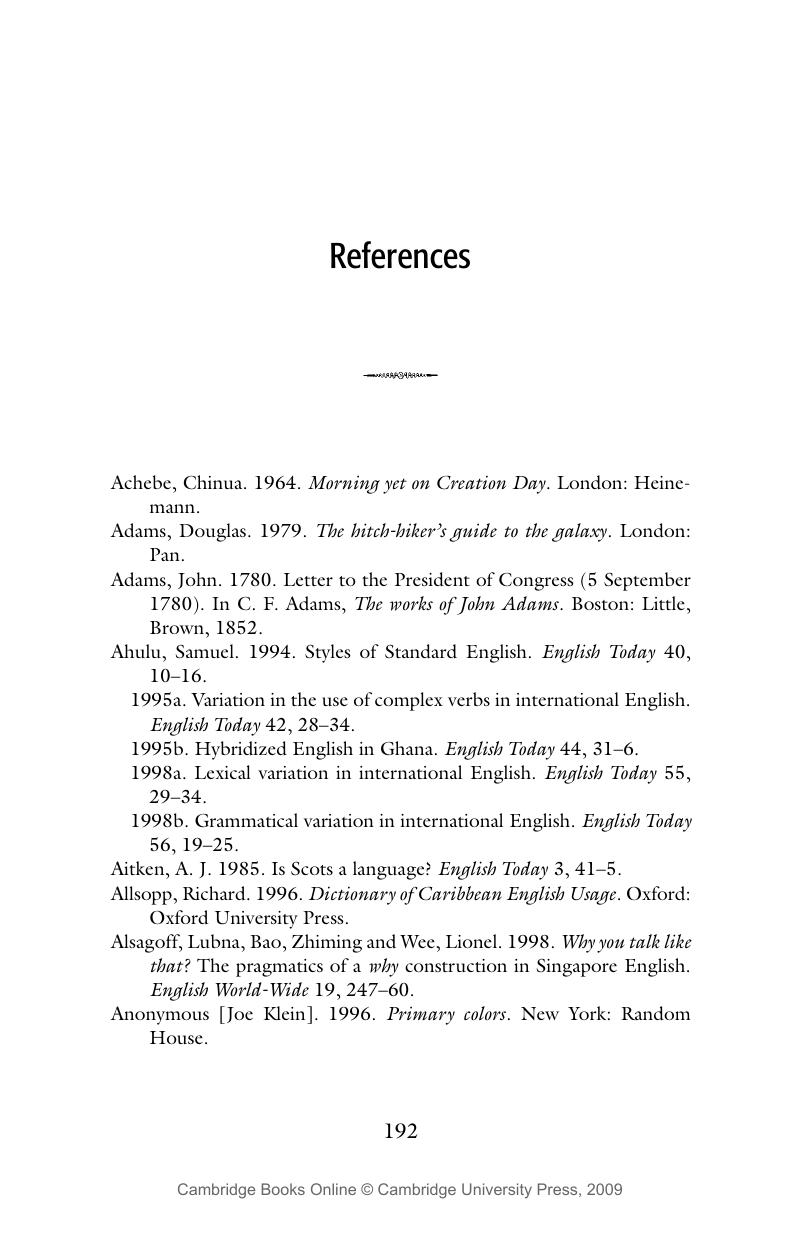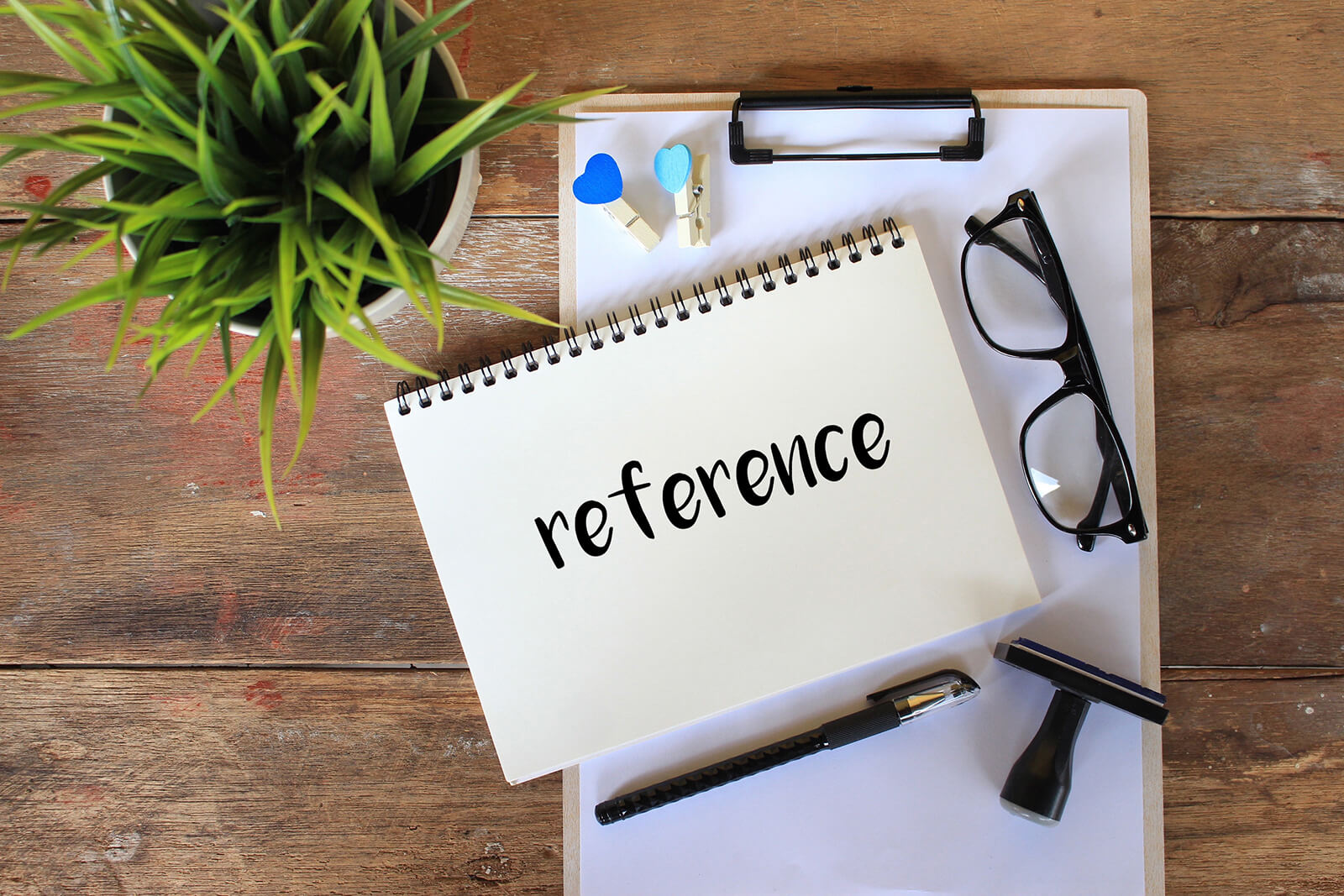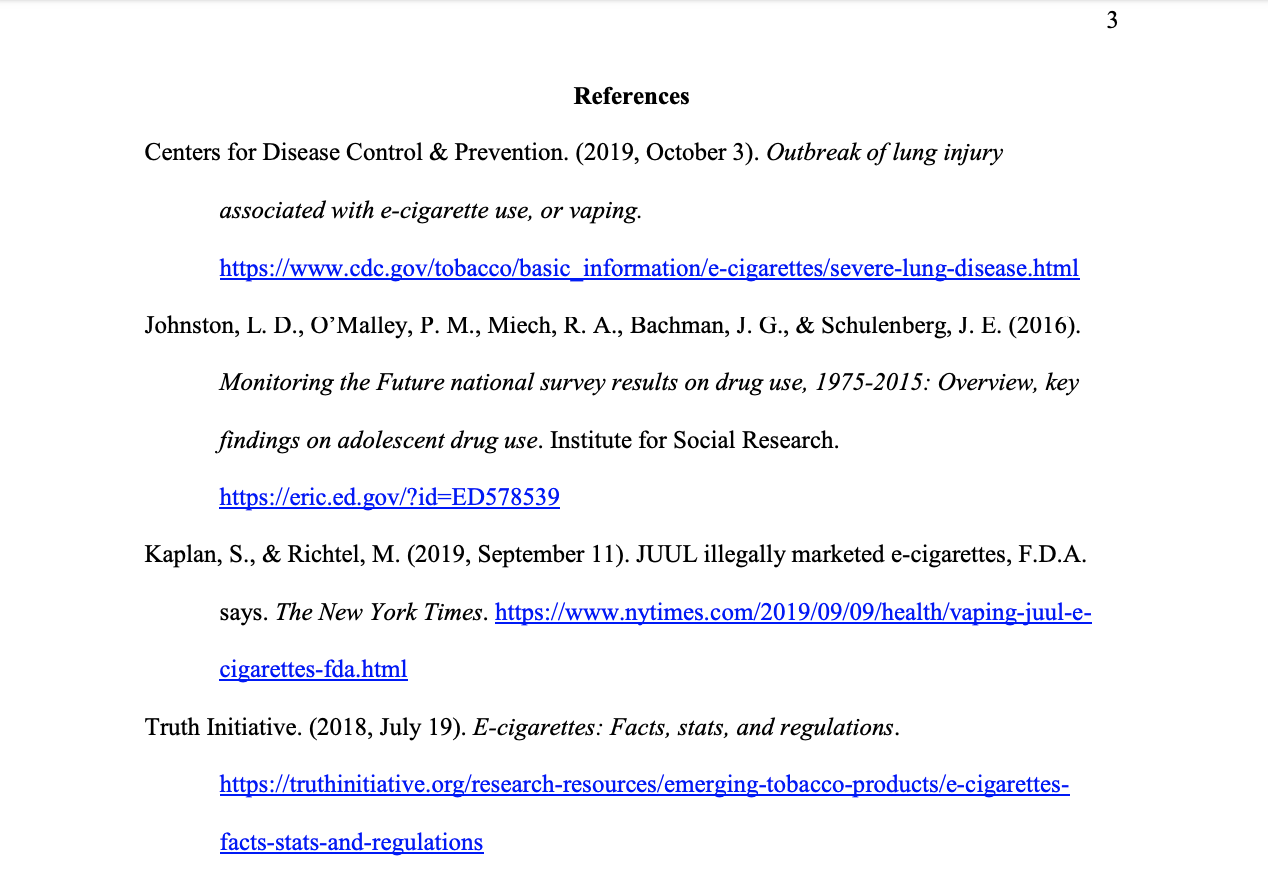Matchless Tips About What Are Key References

Microsoft Word Keyboard Shortcuts Quick Reference Guide Inc.
Unlocking Knowledge
1. Why Bother with References Anyway?
Ever feel like you're wandering in a maze, searching for an answer but getting lost in a sea of information? That's where key references come in! They're like breadcrumbs, guiding you to the most reliable and insightful sources on a particular topic. Think of them as the VIPs of information, the sources that everyone in the field knows and trusts.
But why not just Google everything? Well, Google's great for finding lots of information, but it doesn't necessarily tell you what's important or trustworthy. Key references are usually peer-reviewed articles, seminal books, or reports from respected organizations. They've stood the test of time and scrutiny, making them solid ground to build your understanding on. It's like the difference between a rumour you heard at the water cooler and a well-researched news report from a credible journalist.
Imagine trying to build a house without a blueprint. You might end up with something that looks...interesting. Key references are the blueprint for knowledge. They provide the foundation, the structure, and the essential details to help you construct a solid understanding of a subject. They save you from reinventing the wheel (or, you know, accidentally building a house with a bathroom where the kitchen should be).
And let's be honest, having solid references makes you look good. Whether you're writing a paper, preparing a presentation, or just trying to sound smart at a dinner party, dropping some well-known key references is a surefire way to impress. It shows you've done your homework and aren't just spouting random opinions you found on a questionable blog. Plus, referencing is the right thing to do, giving credit where credit is due!

Finding the Golden Nuggets
2. The Hunt for Knowledge
So, how do you actually find these elusive key references? It's not like they have a special badge or anything (although, wouldn't that be handy?). Start by looking at the bibliographies or reference lists of other reputable articles or books on the topic. These lists are essentially treasure maps pointing you to other important sources.
Don't be afraid to ask the experts! Professors, researchers, and professionals in the field are usually happy to share their go-to resources. Think of it as asking a chef for their secret ingredient. They might not give you everything, but they'll likely point you in the right direction. And networking can be helpful as these experts might know how to find these important sources and tell you if it a good reference.
Academic databases like JSTOR, PubMed, and Scopus can also be invaluable. These databases index a vast number of scholarly articles, and you can often filter your search by citation count or impact factor to find the most influential works. Its like having a library at your fingertips, only instead of shushing you, it helps you find the loudest voices in the field. In addition, tools like Google Scholar can also be useful to quickly get a snapshot of related articles.
Keep an eye out for review articles or meta-analyses. These articles synthesize the findings of multiple studies on a particular topic, often highlighting the most important and influential works. They're like Cliff's Notes for entire fields of study, giving you a bird's-eye view of the key concepts and references. Plus, if you find one that is open-access, you can read the whole thing for free!

Key References
3. Beyond the Ivory Tower
You might be thinking, "Okay, this all sounds great for academics, but what about me, a regular person who just wants to understand something better?" Well, the truth is, key references are useful for anyone who wants to learn about a topic in a rigorous and informed way. Whether you're researching a new health condition, learning about a historical event, or just trying to understand the latest scientific breakthrough, key references can help you separate fact from fiction.
For example, imagine you're trying to decide whether to invest in a new technology. Instead of relying solely on marketing materials or online reviews (which can be biased or unreliable), you could look for reports from reputable research firms or studies published in peer-reviewed journals. These sources are more likely to provide an objective and evidence-based assessment of the technology's potential.
Even in everyday situations, having a sense of what the key references are can help you make better decisions. Knowing which sources are considered credible and trustworthy can protect you from misinformation and manipulation. It's like having a built-in BS detector, helping you navigate the sea of information with confidence.
Think of it this way: key references are the bedrock of informed decision-making. By grounding your understanding in reliable sources, you can make better choices, form more informed opinions, and even impress your friends with your newfound knowledge. It's a win-win situation!

The Dangers of Ignoring Key References
4. Walking a Tightrope Without a Net
What happens if you don't bother with key references? Well, you run the risk of building your understanding on shaky ground. Relying on biased or unreliable sources can lead you to draw inaccurate conclusions, make poor decisions, and even spread misinformation. It's like building a house on a sinkhole — sooner or later, it's going to collapse.
In today's world of fake news and alternative facts, it's more important than ever to be critical of the information we consume. Without a solid understanding of the key references in a field, it's easy to be swayed by persuasive but ultimately misleading arguments. It's like being a ship without a rudder, tossed about by the waves of misinformation.
Consider the consequences of relying on unreliable sources in healthcare. Misinformation about vaccines, for example, can lead people to make decisions that put their health and the health of others at risk. Similarly, relying on unproven treatments for serious illnesses can have devastating consequences. Key references in medical literature can help you separate evidence-based practices from snake oil remedies.
Ignoring key references isn't just a matter of intellectual laziness; it's a matter of responsibility. By taking the time to identify and consult the most reliable sources, we can ensure that we're making informed decisions and contributing to a more informed and accurate understanding of the world. It's like doing your part to build a stronger foundation for society as a whole.

Putting It All Together
5. The Art of Citing and Synthesizing
Okay, you've found your key references — now what? The next step is to use them effectively to build your understanding and support your arguments. This involves carefully reading and analyzing the sources, identifying the key concepts and findings, and synthesizing them into a coherent narrative.
Properly citing your sources is crucial. Not only does it give credit to the original authors, but it also allows your readers to verify your information and explore the topic further. Use a consistent citation style (like APA, MLA, or Chicago) and be sure to include all the necessary information, such as the author, title, publication date, and URL. It's like leaving a trail of breadcrumbs so others can follow in your footsteps.
Don't just quote your sources verbatim. Instead, try to summarize and paraphrase their findings in your own words. This shows that you understand the material and aren't just regurgitating information. It's like cooking a new dish — you can follow the recipe, but you can also add your own unique flavors and spices.
Finally, be sure to critically evaluate your sources. Just because something is published doesn't mean it's automatically true. Consider the author's credentials, the publication's reputation, and the methodology used in the study. Look for potential biases or conflicts of interest. It's like being a detective, carefully examining the evidence and looking for any inconsistencies or red flags. This is the last thing you need to do and its also quite important! Always double check your references to make sure that you are not referencing something that has been disproven later.

Key References Included In The Literature Review Download Table
FAQ
6. Your Burning Questions Answered
Still have questions about key references? Here are a few common FAQs to help you on your knowledge-seeking journey:
Q: How many references are "enough?"
A: There's no magic number! It depends on the scope and depth of your topic. However, aiming for a mix of seminal works and recent research is a good starting point.
Q: What if I can't access a key reference because it's behind a paywall?
A: Try checking if your local library or university has access. You can also contact the author directly — they might be willing to share a copy. Sometimes, a pre-print version is available online.
Q: Are older references still relevant?
A: It depends! Some seminal works remain foundational, while others may have been superseded by more recent research. Consider the context and whether the findings have been replicated or challenged.
Q: Is Wikipedia a key reference?
A: While Wikipedia can be a good starting point for getting an overview of a topic, it's generally not considered a key reference. However, its reference lists can point you to more reliable sources.